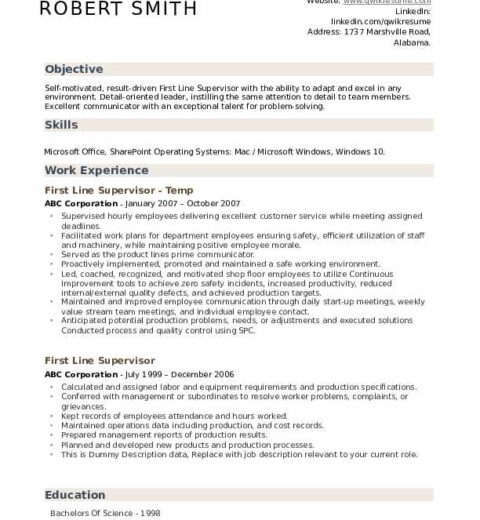In today’s data-driven professional landscape, the ability to conduct thorough research is an invaluable asset. Employers often seek candidates with strong research skills, as these abilities are not only pertinent to academic endeavors but are also essential in myriad fields including marketing, science, finance, and technology. Understanding how to effectively articulate these skills on one’s resume can make a significant difference during the hiring process.
Research skills encompass a broad spectrum of competencies. These include analytical thinking, critical evaluation of sources, data interpretation, and the synthesis of information from various outlets. The multifaceted nature of these skills is one of the reasons why they are so highly regarded by employers. They reflect a candidate’s capability to engage with complex information and derive insightful conclusions. Thus, highlighting the right research skills on a resume is not merely a matter of listing them; it involves demonstrating how these skills have been applied in real-world situations.
The first critical research skill to underline is analytical skills. This ability transcends the simple gathering of data. It requires dissecting information to identify patterns, discrepancies, and correlations. Hiring managers value candidates who can not only collect data but can also interpret it to drive strategic decisions. For instance, in marketing, analyzing consumer behavior data can guide campaign strategies. On a resume, one might detail a specific project where analytical skills led to a measurable increase in sales or engagement.
Another indispensable research skill is critical thinking. This skill involves assessing the validity of sources, arguments, and methodologies. The capacity to critique methodologies ensures the credibility of research findings. In many fields, the information can be abundant yet misleading; hence, a discerning eye is crucial. Highlighting experiences where critical thinking was paramount, such as evaluating peer-reviewed journals in the context of a research project, showcases a depth of understanding and rigor that prospective employers find appealing.
Data collection and management represent another vital area of expertise. Proficiency in various methodologies for gathering information—whether qualitative or quantitative—demonstrates versatility. Familiarity with survey design, interviews, or database usage illustrates an ability to apply appropriate techniques for specific research contexts. Including instances of leading a focus group or designing a survey on a resume can vividly illustrate one’s capability in this area.
Moreover, data analysis stands out as a quintessential research skill. This includes competency with statistical software (such as SPSS, R, or Python) and the ability to interpret complex datasets. Employers treasure candidates who can convert numbers into actionable insights. Whether through creating a detailed report that led to efficiency improvements in a research project or analyzing survey data to uncover critical trends, contextualizing these experiences adds weight to one’s resume.
Closely related to data analysis is the skill of synthesis. This involves bringing together insights from various research findings and presenting them cohesively. In fields such as healthcare, synthesizing information from different studies to inform patient care strategies is crucial. When detailing synthesis skills on a resume, candidates should aim to describe how they compiled disparate sources into a unified report or a strategic recommendations document.
Additionally, communication skills are vital. The ability to articulate research findings to diverse audiences ensures that insights can be effectively conveyed and leveraged. This encompasses both written and verbal forms of communication. Presenting findings in an understandable manner, preparing reports, or delivering presentations can strengthen a candidate’s profile. Highlighting any experiences of speaking at conferences or workshops, or working with non-specialist audiences, can demonstrate the practical application of these skills.
Equally important is the skill of project management. Research often involves navigating multiple tasks, adhering to timelines, and coordinating with various stakeholders. The ability to manage a project from inception to completion reflects organizational professionalism. Candidates should consider showcasing experiences where they led a research initiative, detailing challenges faced and solutions implemented.
Lastly, a commitment to ethical research practices cannot be overlooked. This includes understanding the necessity of integrity in research, such as proper citation of sources and adherence to ethical standards in data collection and participant treatment. Demonstrating a thorough understanding of ethical guidelines strengthens one’s standing by highlighting not just technical skills but a responsible approach to research.
In conclusion, when curating a resume that features research skills, it is imperative to be both specific and contextual. Candidates should aim to provide concrete examples that reflect the application of these skills in real-world scenarios. This not only helps to illuminate the candidate’s technical abilities but also signifies their proactive engagement in the professional milieu. By thoughtfully presenting analytical skills, critical thinking, data management, analysis, synthesis, communication, project management, and ethical practices, candidates can effectively position themselves as ideal prospects in a competitive job market. Inevitably, in an age where information reigns supreme, those with refined research skills will stand out not just as employees but also as potential leaders in their respective fields.



